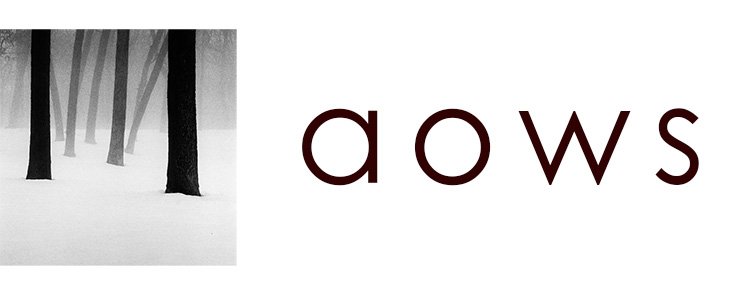The full moon is here. Last night was going to be my best chance to make a photograph of a moonlit landscape -clouds are coming for the rest of the week.
I wanted to make a long exposure of the full moon above a nearby canyon. I thought it'd be a cool image.
This place is not remote. Still, the closest town is a few kilometers away. I drove there and parked the car in the empty parking lot around 11pm. There's a viewpoint where I was planning to make this image from.
The moon was still rising above the walls of the canyon, so it was pretty dark outside. I grabbed my phone and turned on the flashlight, and opened the door.
As soon as I stepped out of the car, I heard it. It was a shot. I didn't know if it was a gun, or a shotgun, or something else. I didn't know in what direction. But it was close.
In retrospective, and having talked to some people, I believe it was a device used by locals to scare the wild boars from the vineyards that populate the landscape of the area. I'd never heard it before, but they say it sounds like a gun.
At that time, being alone in the dark in a place where I thought there was no one, it didn't feel that way.
I got out of there as fast as I could.
Probably a place I won't be visiting at night again.



